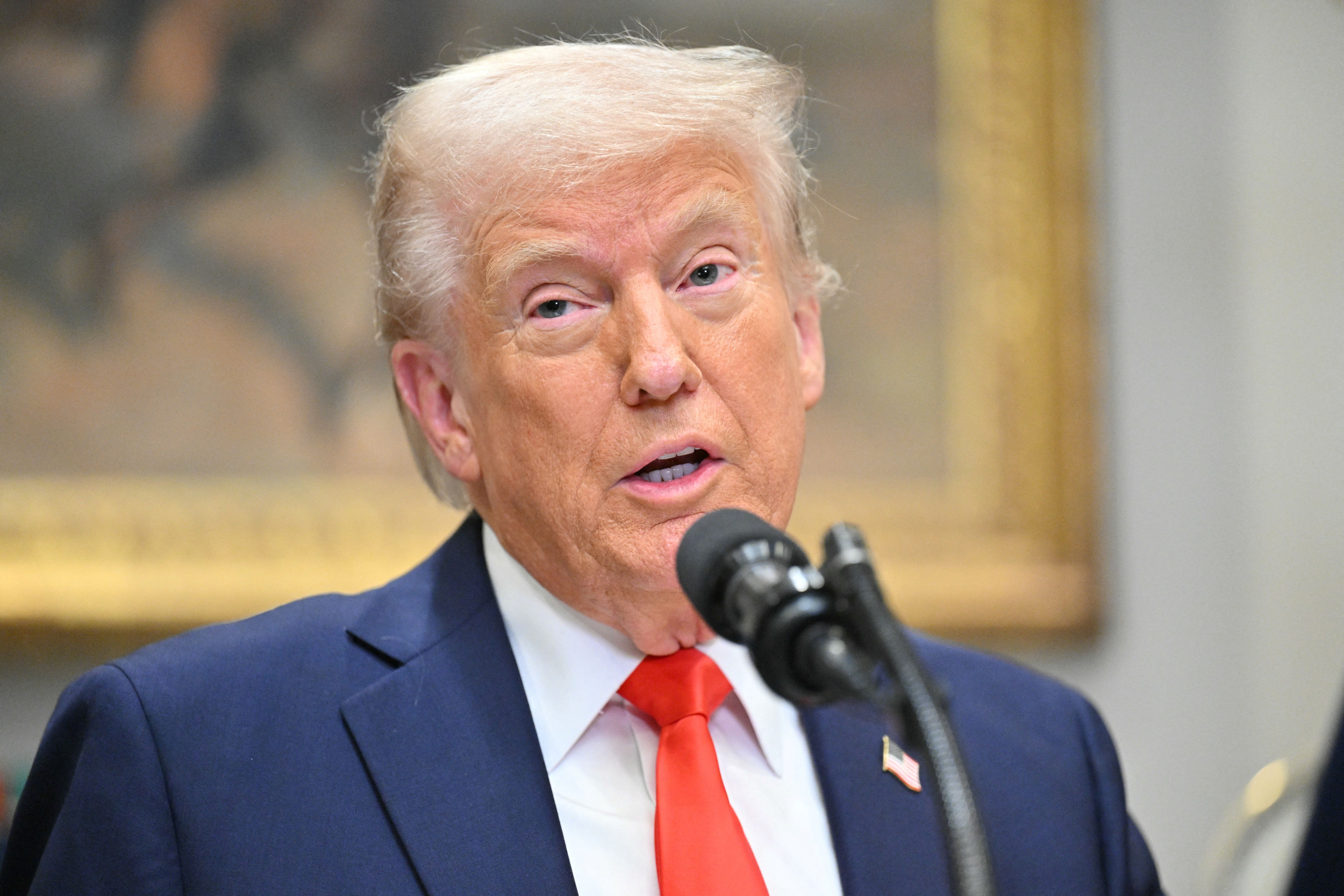How people quitting their jobs changed in Trump’s first month in office

The number of people voluntarily leaving their jobs—referred to as “job leavers”—remained high in February 2025, according to new data from the Bureau of Labor Statistics (BLS). This marks a continuation of trends observed in January, the final month of former President Joe Biden‘s presidency. While the overall job market showed continued strength, shifts in voluntary departures reflect broader economic and labor force trends.
Why It Matters
Job leavers are individuals who voluntarily exit their positions, often for new job opportunities, career changes or personal reasons.
The BLS report shows that 918,000 people left their jobs voluntarily in February 2025, a slight increase from 910,000 in January and a significant jump from 712,000 a year earlier. As a share of the unemployed workforce, job leavers accounted for 12.9 percent in February, compared to 13.2 percent in January and 10.2 percent a year earlier.
Roberto Schmidt/Getty Images
What To Know
The U.S. labor market remained resilient in February 2025, with nonfarm payroll employment rising slightly to 159.2 million from 159.1 million in January. This continued growth suggests a stable job environment despite ongoing economic uncertainties. However, the increase in voluntary departures indicates that many workers are confident in their ability to secure better opportunities elsewhere.
The civilian unemployment rate rose slightly to 4.1 percent in February, up from 4.0 percent in January. While this increase is marginal, it may signal early signs of shifting labor conditions.
Certain industries saw job growth while others experienced contractions. Health care and manufacturing added positions, reflecting strong demand in those sectors. In contrast, the federal government saw significant job cuts, with 10,000 positions eliminated in February. These reductions align with broader policy changes under the Trump administration that emphasize downsizing certain government agencies.
Wages continued to grow, rising 4 percent year-over-year in February. While this increase provides workers with greater purchasing power, it also raises concerns about inflationary pressures. Higher wages may be contributing to workers’ willingness to leave jobs in search of even better pay or improved working conditions.
Despite high job-leaving rates, broader economic indicators suggest that the labor market remains stable. However, with potential shifts in federal employment policies and economic conditions, it remains to be seen whether voluntary departures will continue at their current pace or begin to slow in the coming months.
What People Are Saying
Alex Beene, a financial literacy instructor for the University of Tennessee at Martin, previously told Newsweek: “It’s no surprise with a higher cost of living and many employee roles facing increased responsibilities that so many are eagerly applying for new positions in the hopes it will lead to better pay and less stress.”
Andrew Challenger, senior vice president of outplacement firm Challenger, Gray & Christmas, told NPR: “There’s just been this extra uncertainty that’s entered into some industries around tariffs, around potential trade wars. We’re seeing big announcements from very large Fortune 500 companies this month that are tuning down their growth forecasts for the next three or four years.”
What Happens Next
The continued high number of job leavers suggests confidence in the labor market, but broader economic signals remain mixed. Layoffs in the federal sector and a slightly rising unemployment rate may influence worker behavior in the coming months. With potential policy changes under the Trump administration, labor market dynamics could shift further, affecting voluntary job departures in the near future.
Related
A top recruiter says sports marketing roles are hot right…
Jobs are opening up in the sports industry as teams expand and money flows into the industry.Excel Search &
Public employees and the private job market: Where will fired…
Fired federal workers are looking at what their futures hold. One question that's come up: Can they find similar salaries and benefits in the private sector?
Mortgage and refinance rates today, March 8, 2025: Rates fall…
After two days of increases, mortgage rates are back down again today. According to Zillow, the average 30-year fixed rate has decreased by four basis points t
U.S. economy adds jobs as federal layoffs and rising unemployment…
Julia Coronado: I think it's too early to say that the U.S. is heading to a recession. Certainly, we have seen the U.S. just continue t










